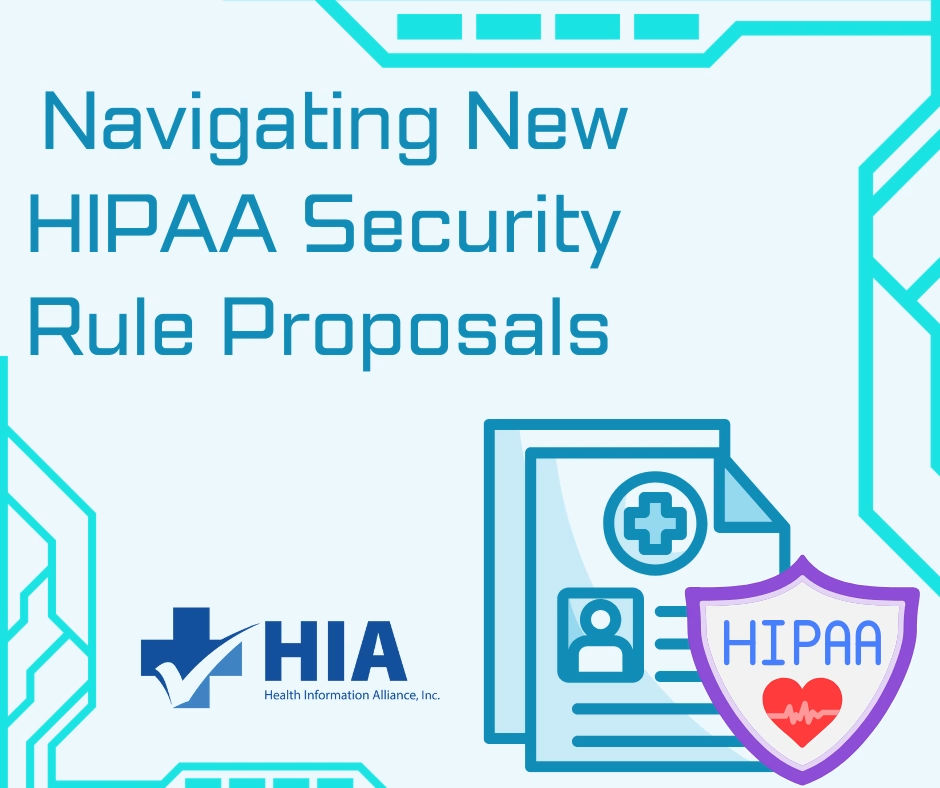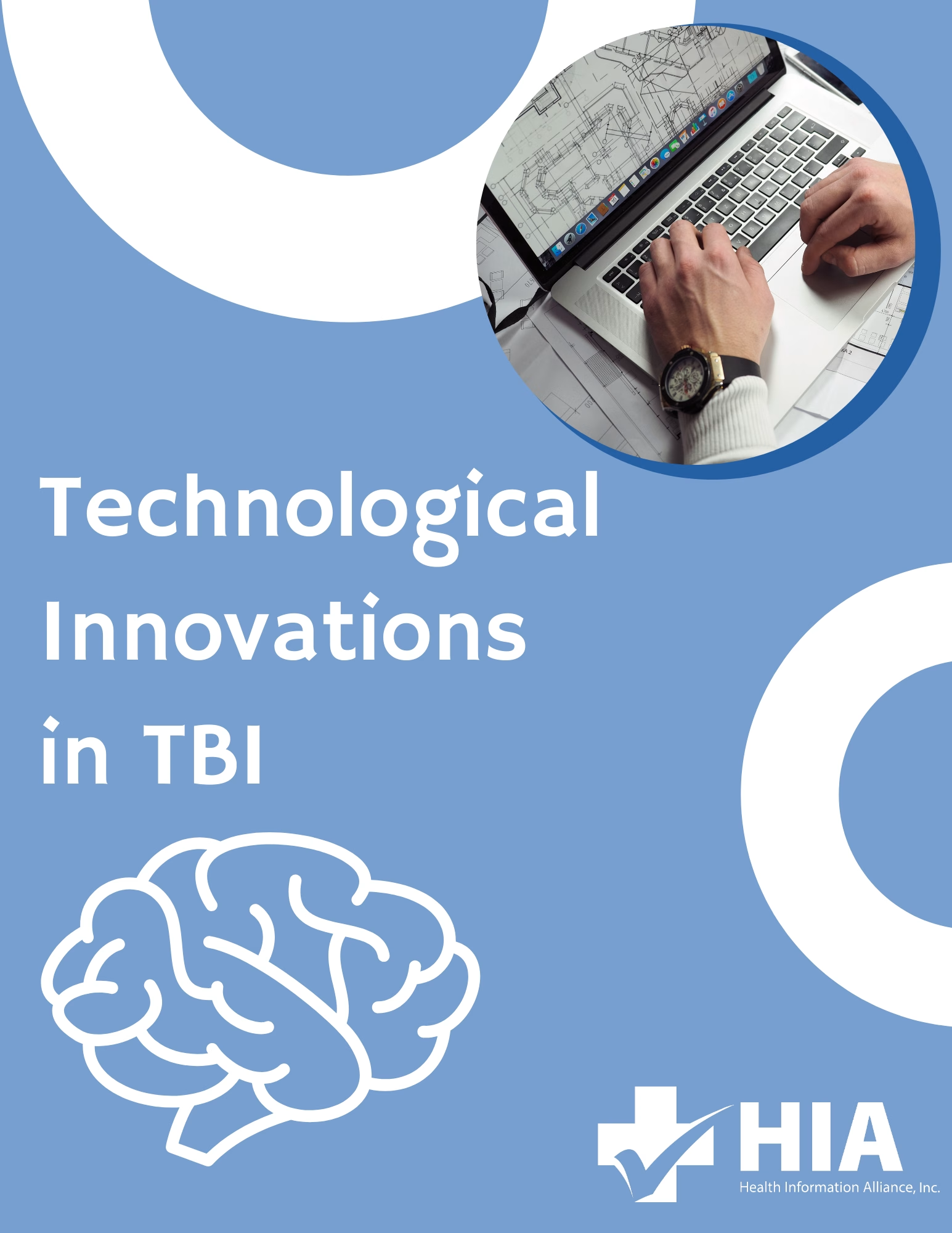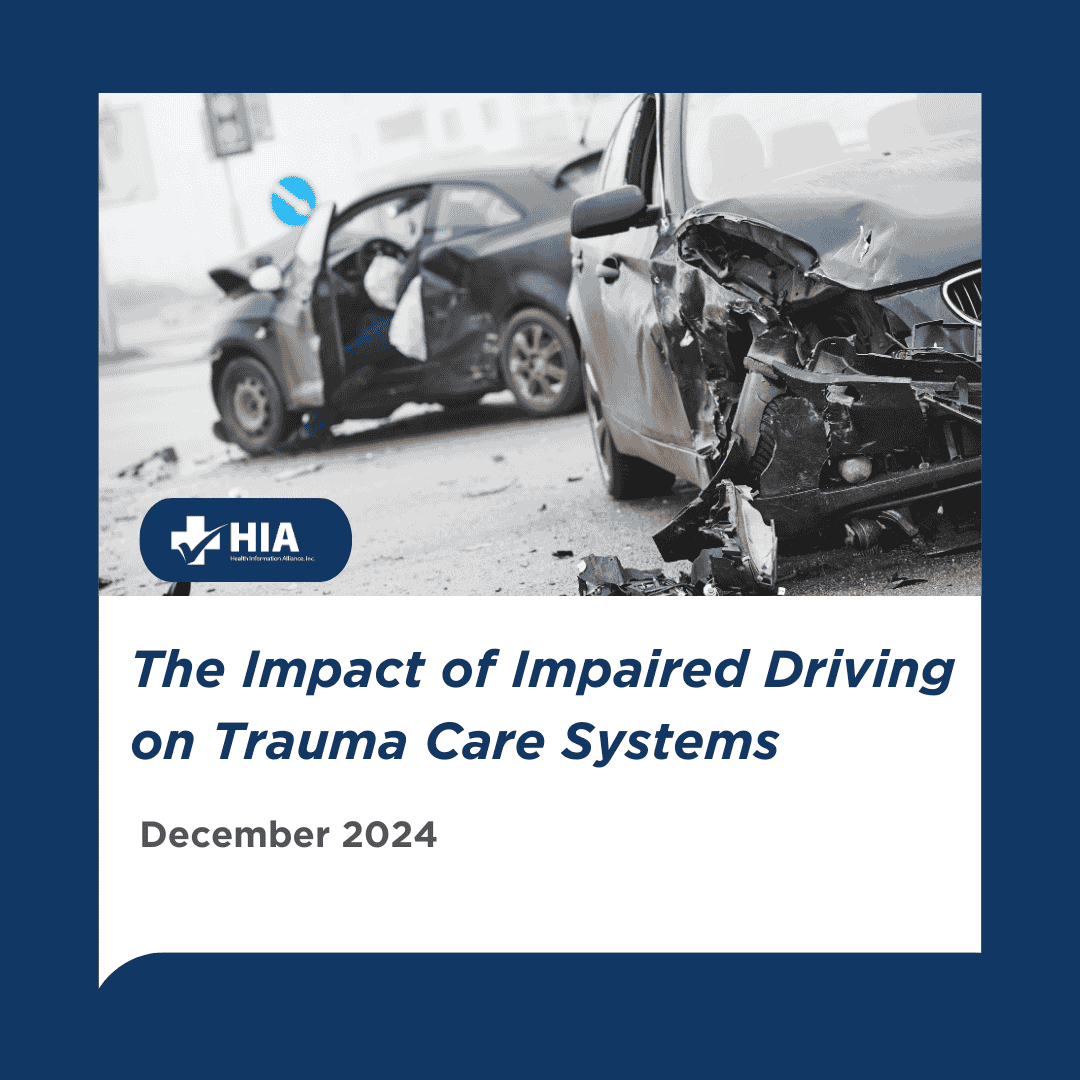Patient Matching Update
Nearly 20 years ago, HIPAA redefined medical data with a number of new requirements, including the stipulation regarding a unique health identifier for patients, employers, physicians, and health plans. Congress overruled the requirement, citing patient privacy concerns, or that “Big Brother is watching them”. In June 2019 the House proposed an amendment to strike language that prohibits the use of federal funds to create unique health identifiers starting in 2020.
HIM & IT health leaders have pushed for this change for years. Our own CEO, Lou Testa, as a member of both HIMSS and AHIMA, has lobbied on Capital Hill several times for this change, as it will affect the landscape of medical data forever in the United States. In the health world, medical errors happen frequently due to mis-identification. Imagine a retiree who lives in one state and winters in another or a person traveling for business or pleasure outside of their home base. This person gets sick, away from their own hospital/health system they typically frequent. Each healthcare facility has a unique patient identifier for that patient. Records must be faxed or sent electronically to the treating facility to ensure the highest quality of care – making sure we have the correct John Smith or Aarav Patel’s record. Consumers want to know if all their providers have their records centralized prior to treatment. Providers want to be informed about all the treatment history of their patients. AHIMA & HIMSS groups believe the implementation of a unique health identifier system will change this and ensure more timely and accurate health care for the patient population of the United States.
The current system is broken and makes it impossible to access and match all of a patient’s records, and many times, records will be split or broken. With a unique health identifier system, however, records can be accessed in their entirety. While some are still wary that this system could be a privacy concern for patients, the majority seems to believe patient matching will lead to a higher quality of health care in the U.S. Once the ban is lifted, agencies can begin researching and developing ways to implement and roll out an infrastructure in which patients have unique health identifiers. HHS will then be able to roll out a National Patient Identifier, (NPI). Amendment to HR 2740 was passed 246 votes to 178! This is just the first step, but we are on our way!
Per AHIMA, “Before Congress returns in September, we ask that you contact your US Senators via AHIMA’s Advocacy Action Center to encourage them to remove this archaic ban. Contact your US Senators today and urge them to strike this archaic ban from the Senate Labor, Health and Human Services, Education, and Related Agencies Appropriations Act of 2020.” I have already. You can make a difference in our country’s population health.






